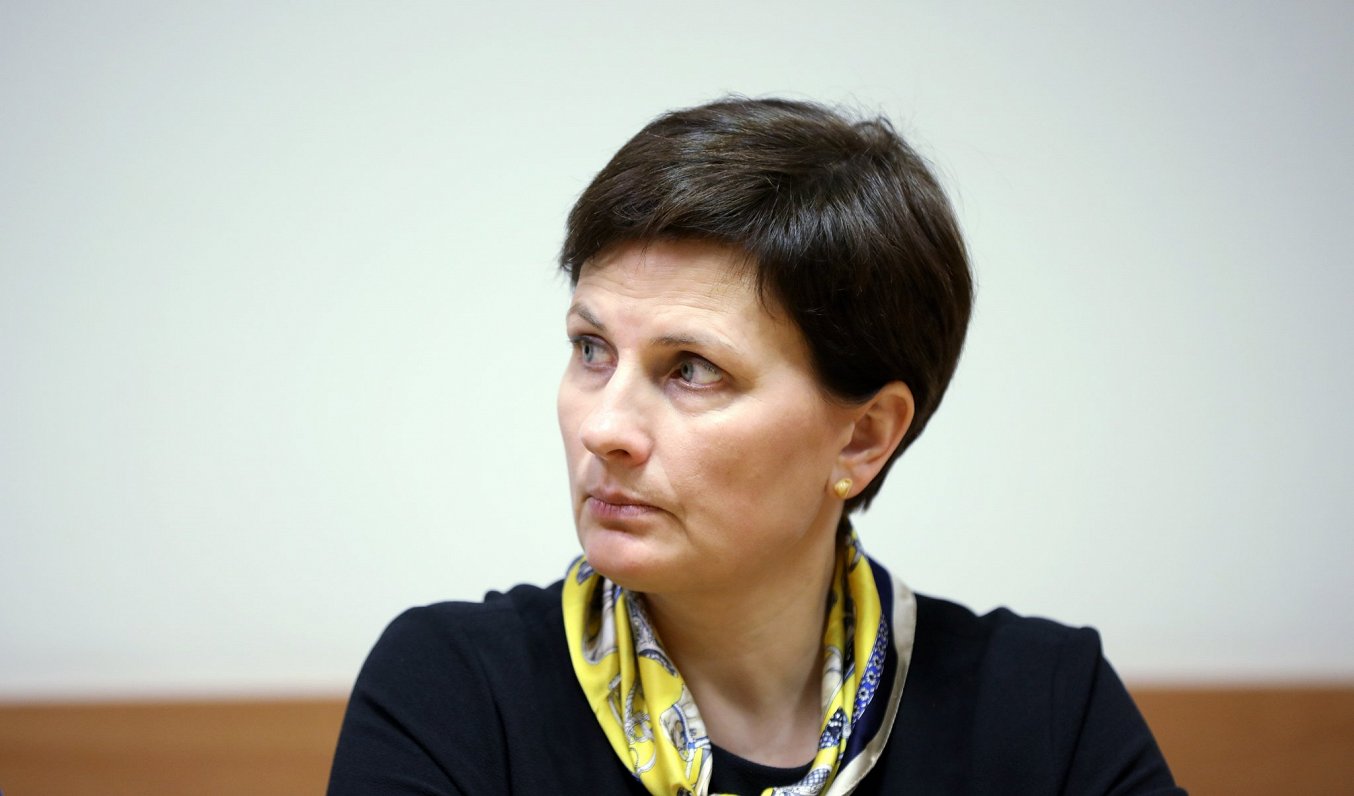The Minister acknowledged that conditions for Lithuania and Estonia will be more nuanced than for the other European countries, but exactly what they will be, the government will decide. Free movement between the Baltic States for education and work purposes will have to be ensured, but Viņķele foresees that there will be discussions on various exceptions at a government meeting on Friday, and the Ministry of Health will have to make adjustments accordingly.
How many controlled and logical exceptions can be offered will be revealed after the government's decision. The restrictions will take effect Saturday, while conditions for which states will be barred from the list of direct flying will take effect on Monday.
Currently, in Latvia, persons returning from countries with 16 or more affected per 100,000 inhabitants will have to comply with 14 days' self-isolation. In Latvia until now, the COVID-19 prevalence is slightly below 5, while in Estonia and Lithuania it exceeds 16.
“Here we see what the impact of politics on expert decisions is doing,” Viņķele commented on the situation in neighboring countries.
She recalled that in May, the Baltic States agreed on the same conditions for epidemiological security when opening internal borders, creating the so-called "Baltic Bubble". Estonia and Lithuania unilaterally backed away without informing Latvia, resumed flights to the countries affected by COVID-19, “introduced controlling regulations that look harsh and politicians like them but they are not beneficial”.
Viņķele also criticized Lithuania's and Estonia's approach: “We are glad everything is going well, open all borders, don't worry, in a couple of weeks you will reach these incidence rates anyway, open everything”. The Minister said that such an approach was not acceptable to her.
Viņķele said that the price of letting Lithuanians and Estonians feel good, opening borders and controlling nothing will increase the risk of COVID-19 spread, which means that our almost normal lives will have to be restricted again.
The government's meeting will be difficult in deciding the situation with Estonia and Lithuania - we can decide in favor of a freer relationship with neighbors, but this increases the risk that there will be more severe restrictions in Latvia and that “society does not want to do this because we are living almost normally”, said Viņķele.
If the situation deteriorates, the restrictions would be re-introduced in the same way as they were relaxed - gradually extending them to gatherings, entertainment and catering working hours, and so on.
Viņķele stressed that one of the most important things is to ensure that children can continue on-site learning, both for the future of children and for the employment of their parents.
On the other hand, after considerable relief of flight restrictions, the Minister hopes that people will choose to fly only in the event of extreme need, that they can count on the integrity of passengers, that they will comply with self-isolation, and the police will certainly control it.
The Minister conceded that Latvia's good results are provided by free access to the state-paid COVID-19 tests, which will continue to be provided.





























